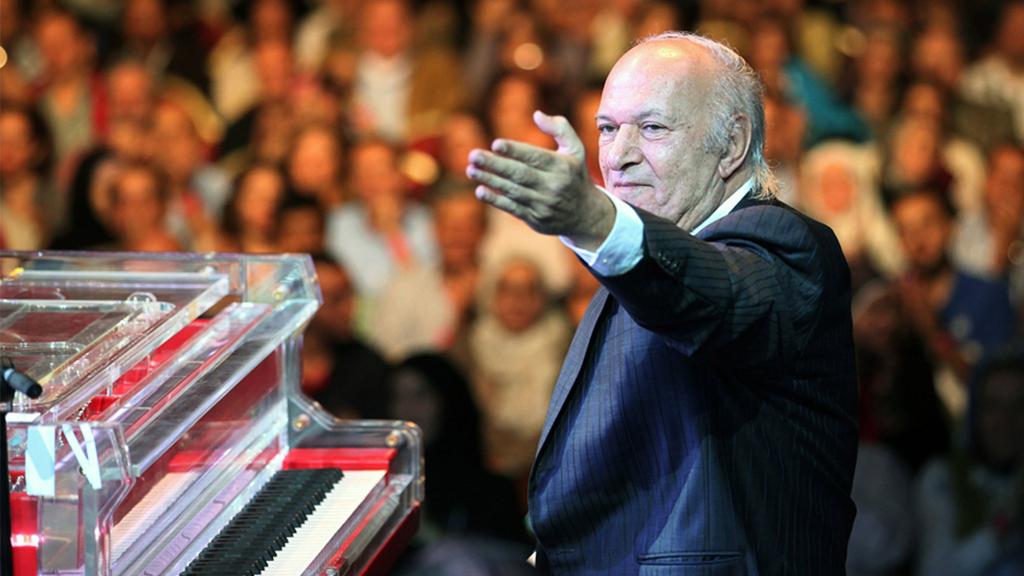In the Forbes-list of the world’s richest people, Egypt was represented 13 times, with 7 billionaires that are mainly from the Sawiris and Mansour families, while six of its millionaires made it to the list.
According to Forbes’s world’s richest billionaires, in which Carlos Slim Helú came on the top with a fortune worth $73bn, Nassef Sawiris was the richest Egyptian, and ranked fifth on the whole list, with a net worth of $6.5bn ($4.75bn in 2011). Nassef runs Orascom Construction Industries, Egypt’s most valuable publicly-traded company, which was founded by his father Onsi.
The construction and fertiliser company’s shares fell almost one-third during the protests leading up to President Hosni Mubarak’s resignation in February 2011. They later rallied to pre-revolution levels, but recently slipped again, due to the travel ban that was placed on Sawiris and his father. Sawiris is the 4th richest man in Africa and also owns big stakes in cement giant Lafarge and Texas Industries.

Forbes Photo
Nassef’s eldest brother, Naguib, with a net worth of $2.5bn ($2.9bn in 2011), built Orascom Telecom, then sold the family’s stake to Russian and emerging market telecom giant VimpelCom in April for $6.5bn in shares and cash, becoming one of VimpelCom’s largest shareholders in the process. Naguib is Africa’s 9th richest man and also delved into politics, forming the Free Egyptians party in April 2011 to promote free markets and a secular platform. He came in 13th on the Arab world’s richest men for 2013.
Africa’s 10th richest man, Mohamed Mansour, and the Arab world’s eighteenth riches man, with a net worth of $2.2bn in 2013 ($1.7bn in 2011) is the biggest seller of GM vehicles in the world, along with his brother. Strong sales in their Caterpillar business throughout Africa, Russia and Iraq are making up for a slump in Egypt. Other interests include the largest supermarket chain in Egypt (Metro), and the Philip Morris franchise. According to state-run Al-Ahram Online, Metro received an offer from Majid Al-Futtaim Group for up to $300m.

Forbes Photo
The Father of Naguib and Nassef Sawiris, Onsi, with a net worth of 2bn ($2.6 bn in 2011), is the patriarch of Egypt’s wealthiest family and shares the fourth and fifth rank with Yasseen Mansour on the list of Egypt’s richest. They both tie in 22nd place in the Arab world’s richest listing. The Egyptian government nationalised his first construction business in 1971. Undeterred, he rebuilt what became Orascom Construction Industries which Nassef took over in 1995, while his other son Samih went into hotels and real estate. Onsi now owns shares in Russian mobile operator VimpelCom, following its acquisition of the family stake in Orascom Telecom in April 2011.
Yasseen Mansour, with a net worth of $2bn ($1.55bn in 2011), is the youngest of Egypt’s three Mansour brothers. He was put on the Interpol list on fraud charges in 2011, but was removed after being cleared of corruption charges over the misappropriation of state land for Palm Hills Developments. Yasseen, his brothers and cousin, the former housing minister who was also accused, but cleared on Palm Hills, are the largest shareholders in the company—Egypt’s second-biggest real estate developer. Yasseen resigned as CEO in June, but remains chairman. The majority of his fortune is tied up in the family business.
Youssef Mansour, is the twenty-fourth riches Arab, with a net worth of $1.95bn ($1.55bn in 2011). He is the older brother of Egyptian billionaire businessmen Mohamed and Yasseen and keeps a low profile. His assets, especially in publicly traded real estate development company Palm Hills Developments, took a hit with the Egyptian uprising early in 2011. Youssef is responsible for building Egypt’s largest supermarket chain, Metro, but now devotes time to the family foundation which targets illiteracy and education. The bulk of his fortune comes from the family’s business as the largest seller of GM vehicles in the world, and strong sales of Caterpillar machines.
As for Egypt’s most prominent millionaires, Forbes Middle East named Raouf Ghabbour, Chairman of the Board of Directors, CEO and Founder of Ghabbour Auto with an estimated wealth of $167.4m, as the 72nd richest in the Arab world. In the seventy-ninth position was Sadek Sewedy, the chairman of ElSewedy Industries Group whose fortunes are estimated to be about $149m.
Ahmed Sewedy, chief executive chief and managing director of ElSewedy Electro-meter shared the 79th rank with Sadek Al-Swedey with an estimated wealth of $149m.
Soliman Abdel Mohsen, shareholder in multiple companies such as Citadel Capital, 6 October for Development and Investment and GB Auto, has an estimated fortune of about $136.7m, placing him as the Arab world’s eighty-seventh richest businessman.
Founder of Oriental Weavers and owner of a fortune of about $116.1m, Mohamed Farid Khamis, was ranked by Forbes as the Arab world’s ninety-fourth richest. Mohamed Ebeid ElMella, shareholder in multiple companies such as Unikai, United Foods, Dubai Insurance, Dubai Development and others,has an estimated wealth of $115.4m.
Mohamed Sewedy, vice chairman & managing director of ElSewedy Group, camein 97th in Forbes’ Arab richest men, with an estimated wealth of $110.2m



